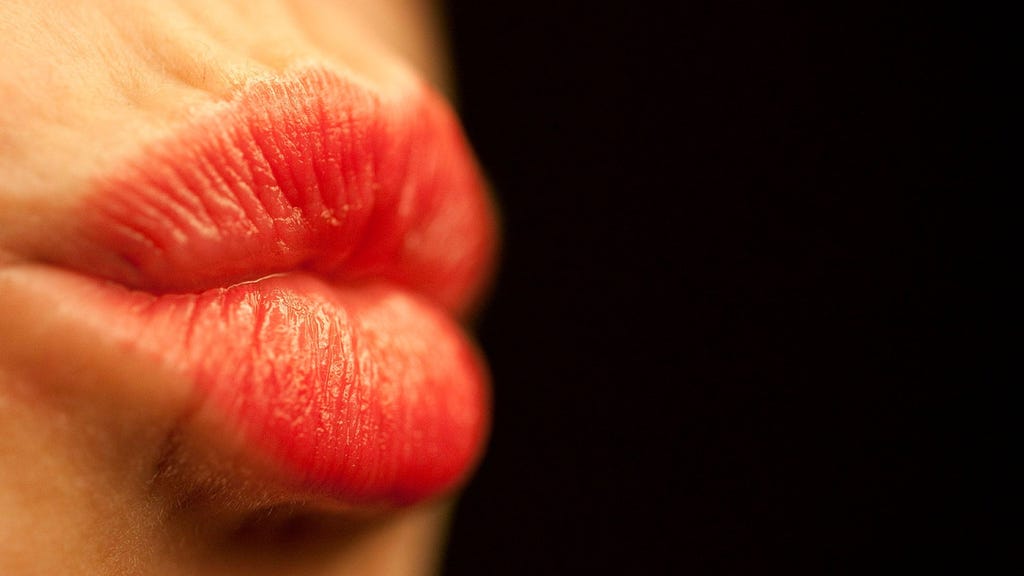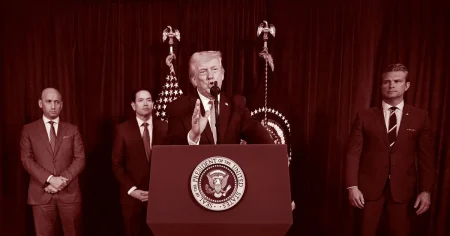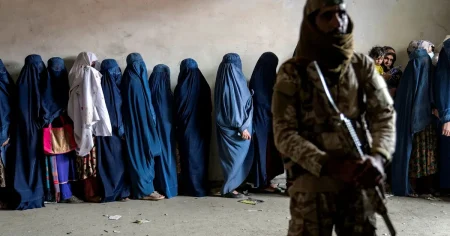The pervasive influence of social media, particularly platforms like TikTok, has significantly impacted the self-perception and beauty standards of the younger generation. Growing up immersed in a digital world saturated with filtered images and videos, this cohort faces constant exposure to idealized, often unrealistic, portrayals of physical appearance. These filters, which can smooth skin, sharpen features, and even alter facial structure, create a distorted perception of beauty, leading many young people to believe that their natural appearance is inadequate. This constant bombardment of perfected images fosters a sense of inadequacy and fuels the desire for cosmetic enhancements, both topical and procedural, to achieve an unattainable ideal. The pursuit of this digitally enhanced aesthetic can manifest in an over-reliance on potent skincare products and a growing acceptance of cosmetic procedures, even at a young age.
The pressure to conform to these digitally enhanced beauty standards creates a complex interplay of psychological and social factors. Young people, already navigating the complexities of identity formation and self-esteem development, are particularly vulnerable to the persuasive power of social media trends. The constant comparison to filtered images can lead to body dysmorphia, a mental health condition characterized by a preoccupation with perceived flaws in one’s appearance. This preoccupation can be debilitating, affecting self-esteem, social interactions, and overall well-being. Furthermore, the perceived need for cosmetic interventions can create a financial burden, particularly for young individuals who may not have the resources to pursue expensive treatments or skincare regimens. This financial pressure can further exacerbate feelings of inadequacy and anxiety.
The rise of ”skinfluencers” and beauty gurus on platforms like TikTok further complicates the narrative. While some offer valuable information about skincare and beauty practices, others promote unrealistic expectations and often endorse products or procedures without proper scientific backing. This can lead to misinformation and potentially harmful practices, particularly among young and impressionable audiences. The rapid dissemination of beauty trends and ”hacks” on these platforms often lacks crucial context and can encourage excessive product use or even dangerous DIY treatments. The lack of regulation and oversight in this online space allows for the proliferation of unsubstantiated claims and potentially harmful advice.
The pursuit of flawless skin, fueled by filtered images, often translates into a reliance on potent skincare products, sometimes even incorporating prescription-strength ingredients without proper guidance. This can lead to skin irritation, sensitization, and even long-term damage. The overuse of exfoliants, retinoids, and other active ingredients can disrupt the skin’s natural barrier function, making it more susceptible to inflammation and infection. Furthermore, the constant pursuit of new products and trends, promoted by influencers and brands, can lead to a cycle of consumerism and a disregard for sustainable and ethical practices in the beauty industry.
The normalization of cosmetic procedures, including injectables and fillers, among young people is another concerning consequence of this digitally driven beauty culture. While these procedures can be beneficial in certain circumstances, the pressure to conform to filtered ideals can lead to premature and unnecessary interventions. The potential risks and complications associated with these procedures are often downplayed on social media, creating a false sense of security and minimizing the importance of thorough consultations with qualified medical professionals. This trend towards early intervention raises ethical concerns about the long-term impact on both physical and mental health.
Addressing this complex issue requires a multifaceted approach. Media literacy education is crucial to equip young people with the critical thinking skills necessary to navigate the digital landscape and discern between reality and filtered perfection. Promoting body positivity and self-acceptance through diverse representation in media and advertising can challenge the narrow beauty standards perpetuated online. Open conversations about mental health and the impact of social media on self-esteem are essential, both within families and in educational settings. Furthermore, stricter regulations and guidelines for online beauty content, including transparency about sponsored content and potential risks associated with promoted products and procedures, are necessary to protect vulnerable audiences from misinformation and harmful practices. Ultimately, fostering a culture that values natural beauty, individuality, and self-care is crucial to counteract the negative influence of filtered realities and empower the younger generation to embrace their authentic selves.














